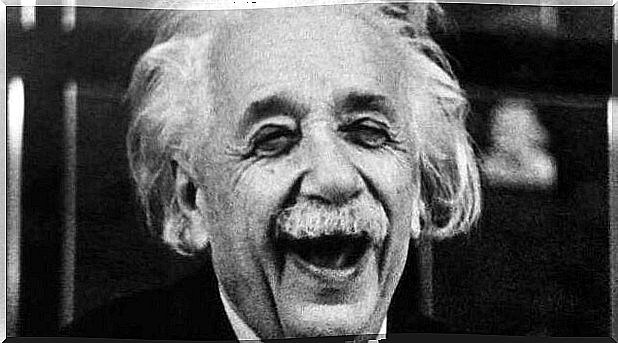Persistent Attention: Concepts And Theories

This is the perfect quote to introduce the topic in today’s article: Persistent attention: “Never see learning as a duty, but as an enviable opportunity to learn the liberating influence see of beauty about the spirit of your own personal joy and merit in that society , to which your later works will belong ”.
At times, it can be difficult for students who are trapped in a compulsory education system to follow this advice from Albert Einstein.

As wonderful as it may be to study, it can still be incredibly difficult to maintain sustained attention. One of the reasons is lack of interest in the subject. However, there are many other things, such as. exhaustion, which makes it difficult to focus on one thing for long periods of time at a time.
What is sustained attention?
Persistent attention comes into play in many of your daily activities. It is important for processes that are related to vigilance or supervision. For vigilance to be effective, you will need to focus your attention, which requires a certain level of activation.
Sustained attention also plays a role in learning-related processes. Students in a classroom will have to try to focus on what it is the teacher is saying.
Sometimes sustained attention is mixed together but selective attention. In other words, not only do you need to pay attention, you also need to stay focused on a specific thing while filtering out other distractions.

Persistent attention comes into play when mechanisms and processes are triggered in the body so that it can remain aware of certain stimuli over a long period of time at a time.
Why do we stop paying attention?
Personal experience tells us that it is difficult to pay attention for long periods at a time. Your level of attention decreases over time. Although this happens for various reasons, the most important are:
- Attention is like a muscle: it exhausts when you train it, and it needs time and rest to recover.
- Over time, the brain gets tired of consciously focusing on one thing, and it is gradually tempted by distractions. For example, the more hours you have been at work, the greater the temptation to check your phone.
There are things that can help you stay focused, such as motivation, small breaks, and positive feedback.
Theories of sustained attention
Researchers have developed various theories that try to explain how sustained attention works. Here are some of the most important:
Activation theory
This theory suggests that in order to properly perform a task of alertness, there must be some continuity with stimuli. Think, for example, of a security guard. It will be easier for a guard to stay focused if he is moving around than if he is sitting in the same place all day.
Signal detection theory
This theory argues that the number of warnings decreases during a continuous execution of a task. In other words, if the sustained attention drops, the stimulus needed before you discover it will be stronger.
Thus, you will be able to find that if you have to keep your attention for an extended period of time, the number of correct answers will decrease.
Expectancy theory of sustained attention
This theory tells us that an alert person who maintains attention will be able to maintain it longer if they actually expect something to happen. For example, the security guard will remain more alert if he actually expects a robbery or the like to occur.
Similarly, it is more difficult to maintain attention if expectations are low. Therefore, when a student does not expect the teacher to say something interesting in class, it will be extremely difficult for him to pay attention.

Habituation theory
The latter theory claims that you will lose interest and attention if you get used to something. In other words, you will lose focus as a result of regular repetitions or irrelevant signals.
This is not an exhaustive list of the theories that explain sustained attention. However, there are the most relevant and relate directly to what we know about attention.







